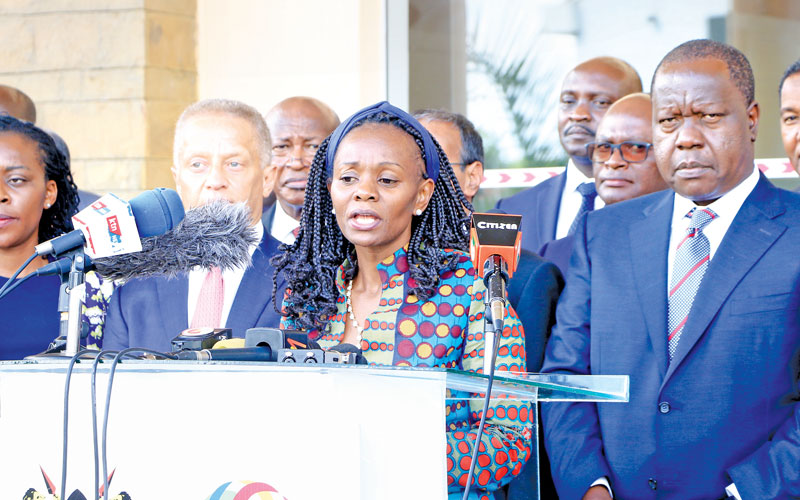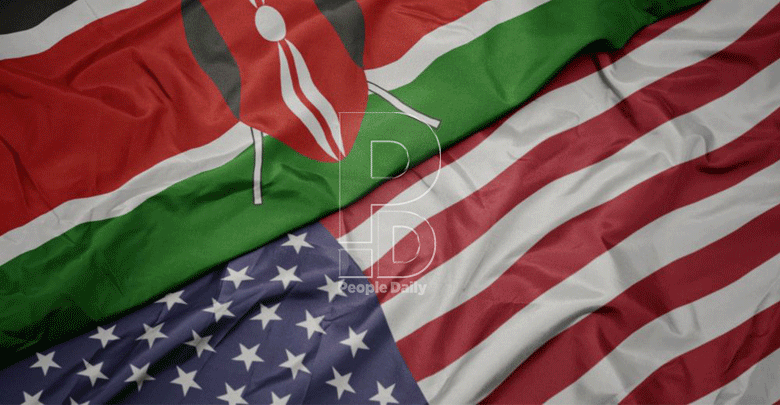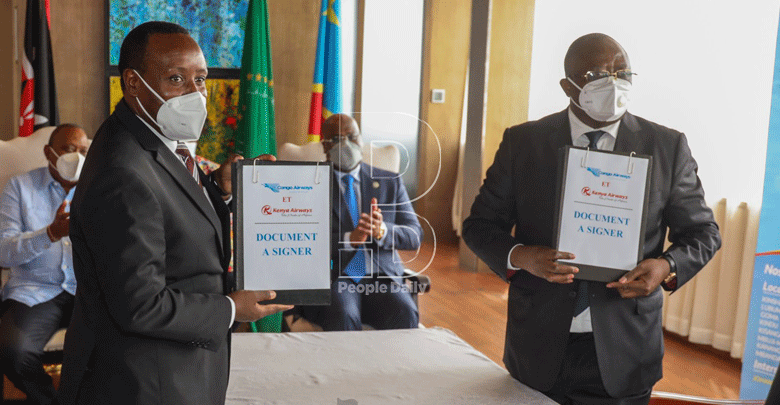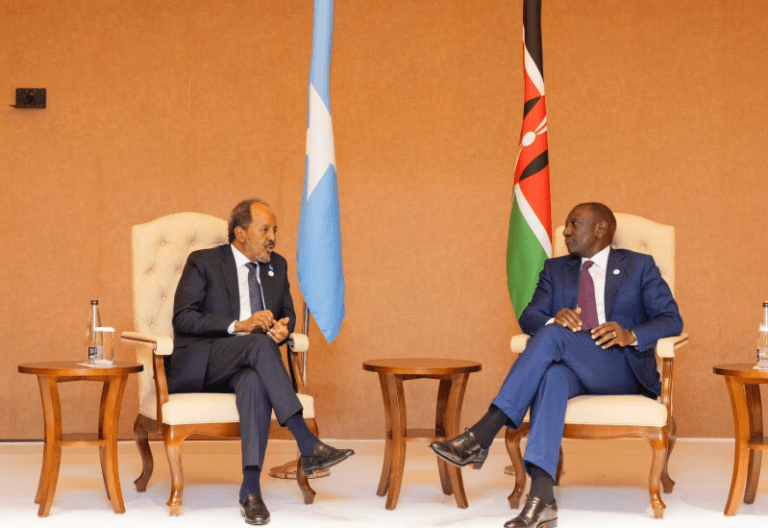Young EA traders urged to tap into global e-commerce market

Young entrepreneurs in East Africa have been urged to embrace e-commerce and reap from a $26 trillion (Sh2.8 trillion) global online sales market ahead of Africa Continental Free Trade Area (AfCFTA) kick off next year.
International Trade Centre (ITC) Executive Director Pamela Coke-Hamilton said online marketplaces could drive inclusive growth across Africa, with e-commerce likely to create as many as three million jobs by 2025.
Speaking during a forum dubbed Trade Beyond Covid19: Unpacking the AfCFTA for East Africa in Nairobi, she said ditching outdated business models for e-commerce would drive intra-regional trade and attract benefits.
“This can open markets to otherwise isolated rural communities, servicing Africa’s fast-growing consumer market, and offer women access to new business opportunities” she said.
Implementation of AfCFTA in Eastern Africa could result in welfare gains of $1.8 billion (Sh197 billion), a boost to intra-African exports worth more than $1.1 billion (Sh120.4 billion).
It is also likely to create more than two million new jobs, according to UN Economic Commission for Africa (ECA) and Trademark East Africa.
Betty Maina, Industrialisation Trade and Enterprise Development ministry Cabinet secretary, said Kenya had developed a draft national AfCFTA strategy that aspires to contribute towards national development by securing markets for goods and services within the African region.
Coke-Hamilton said opportunities and challenges of e-commerce in Africa interplay with other policy issues.
She called on the AfCFTA members to remove obstacles in the digital space with synchronised regulatory approaches that check the fracturing of African states by technology giants.
Digital technologies
Maina said AfCFTA’s efforts at leveraging digital technologies to boost intra-African trade and investment aligned well with Kenya’s information and communications technology capabilities and national priorities.
She said that prioritising e-commerce would support Kenya’s efforts to build digital capabilities and integrate micro, small and medium-sized enterprises (MSMEs) into regional value chains.
“For the free trade area to work optimally, there are many technical issues to be worked out.
Key among them is putting in place cross-border payment systems to allow countries to trade in their currencies rather than reverting to international payment systems,” Maina said.
Participants were also told that while digital trade offers an innovative tool for industrial leapfrogging and income convergence, some African countries lack the legal framework and enabling environment for digital trade to thrive under the AfCFTA.
Some African countries still grapple with a lack of adequate and affordable connectivity and thorny issues such as cybercrime and data privacy.
United Nations Conference on Trade and Development Secretary General Mukhisa Kituyi agreed that the free trade area would spur growth opportunities across the continent.















